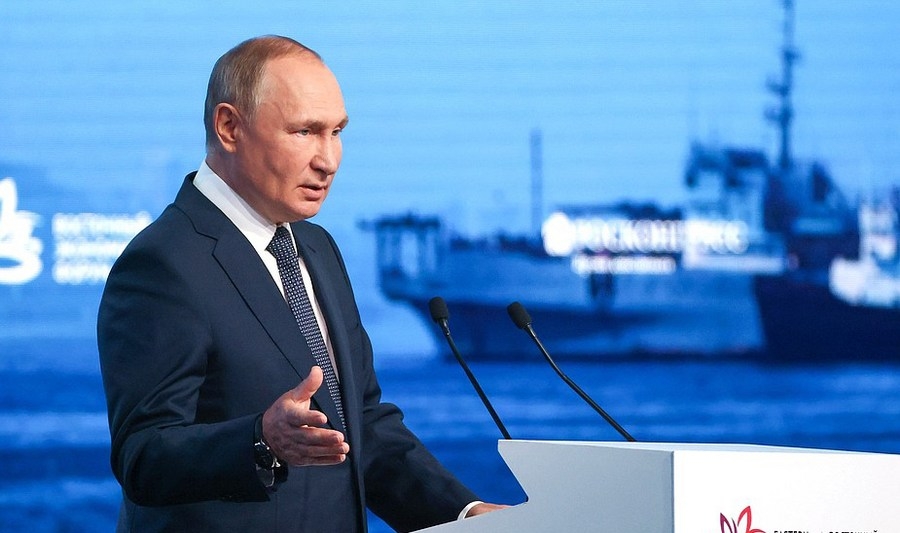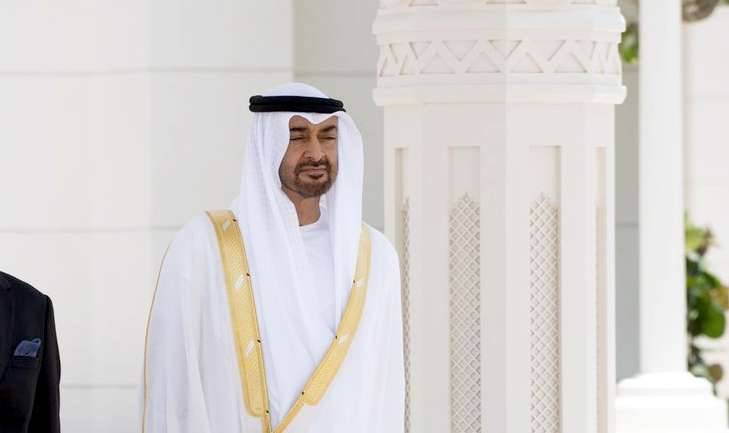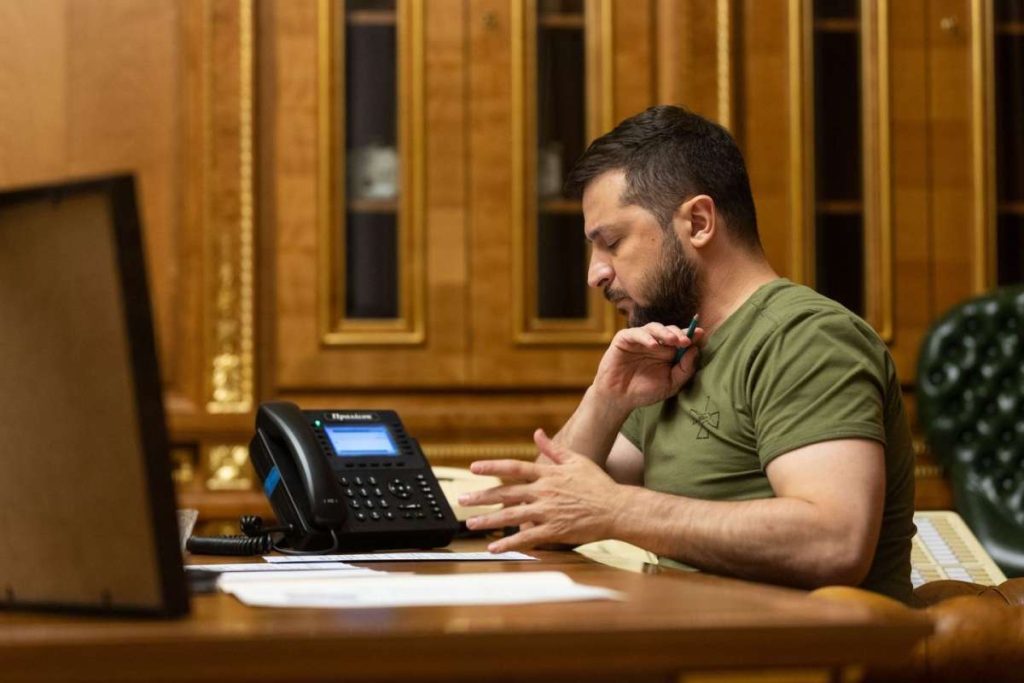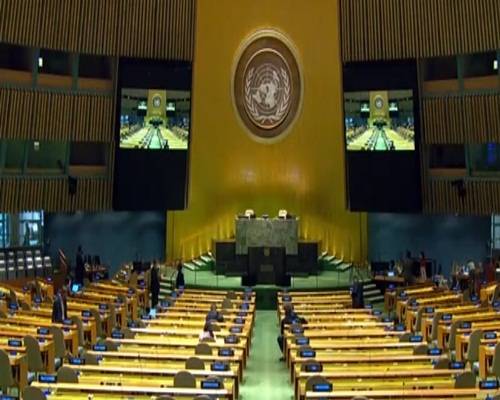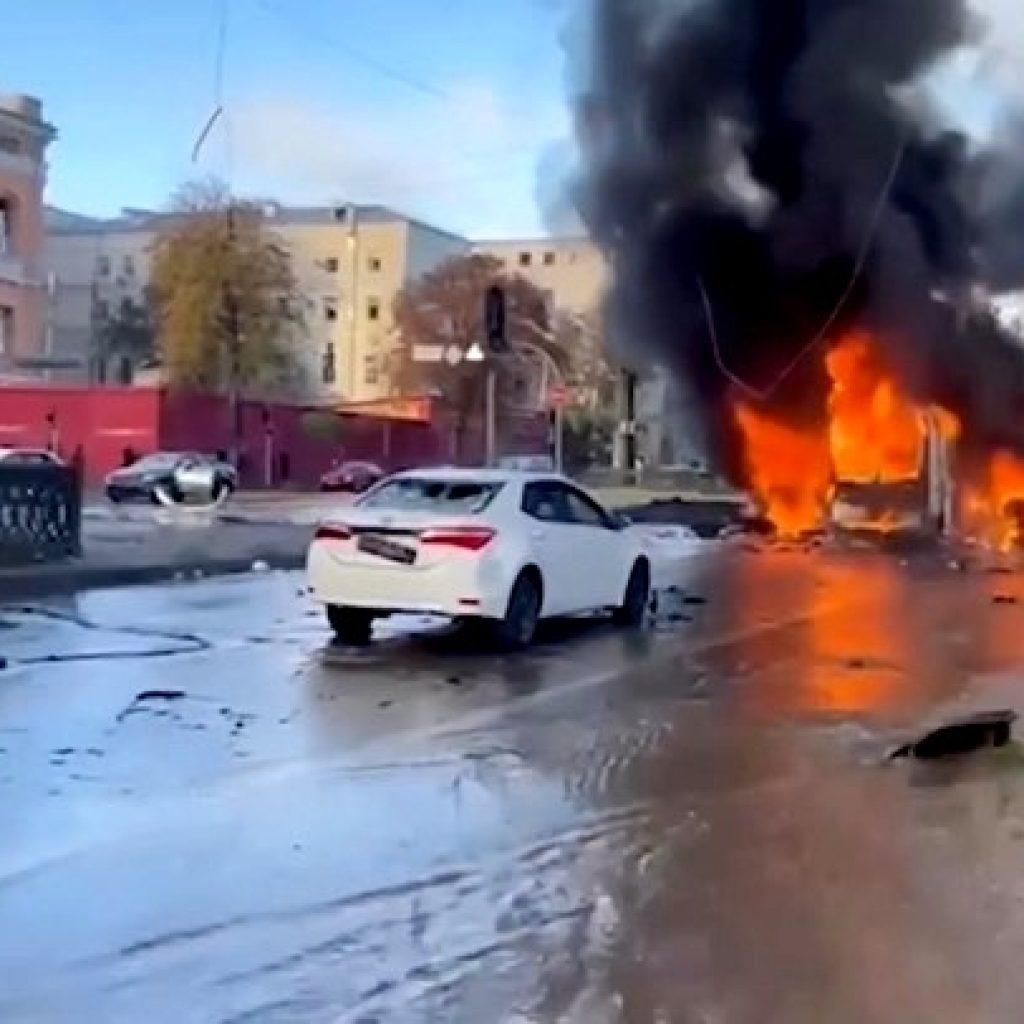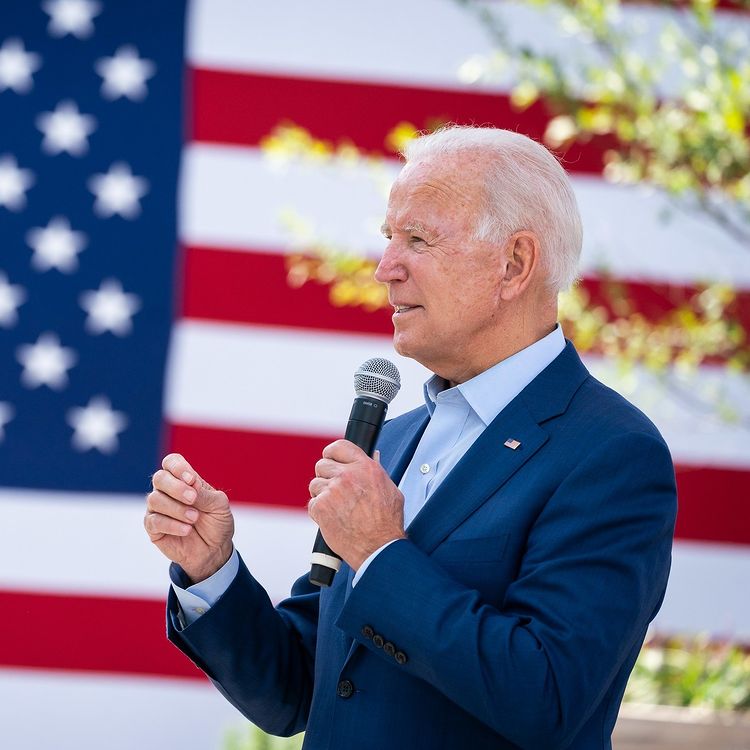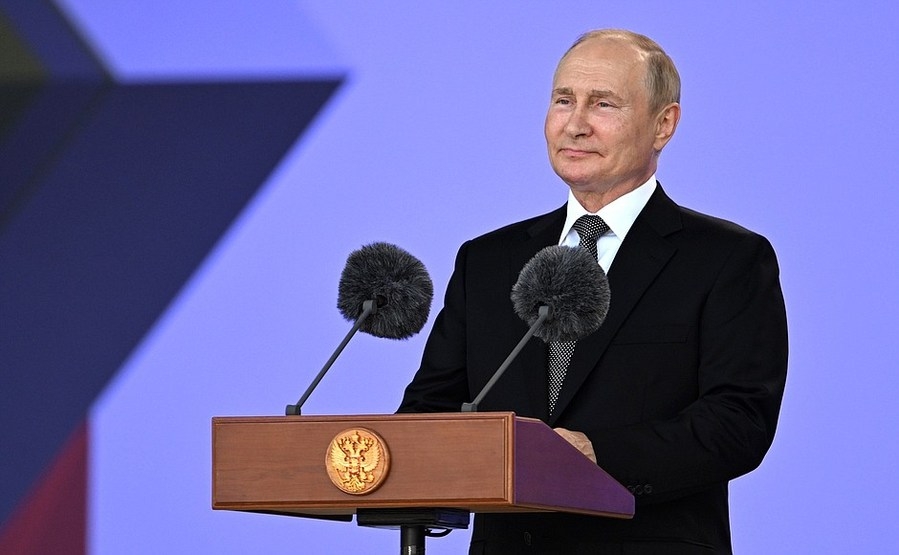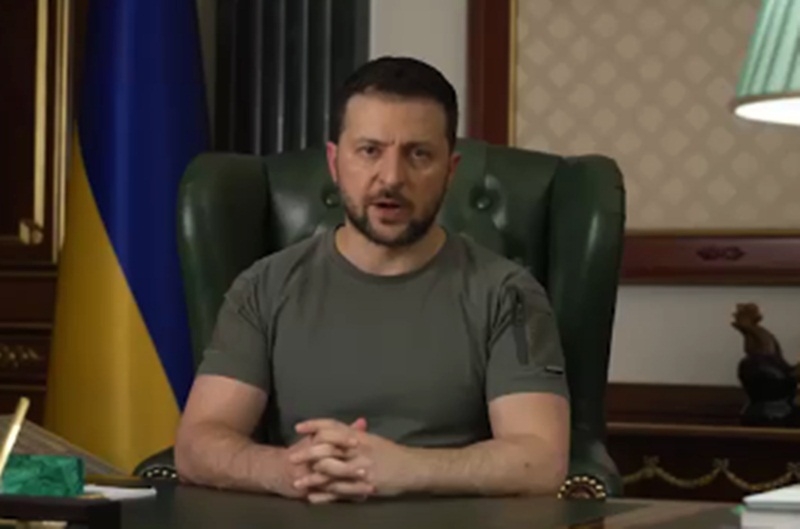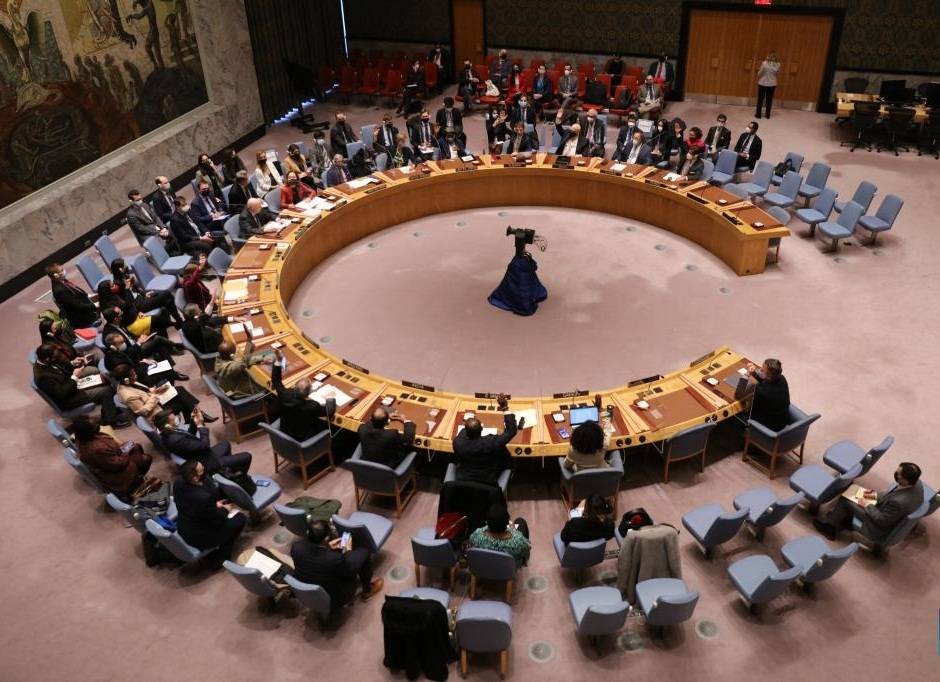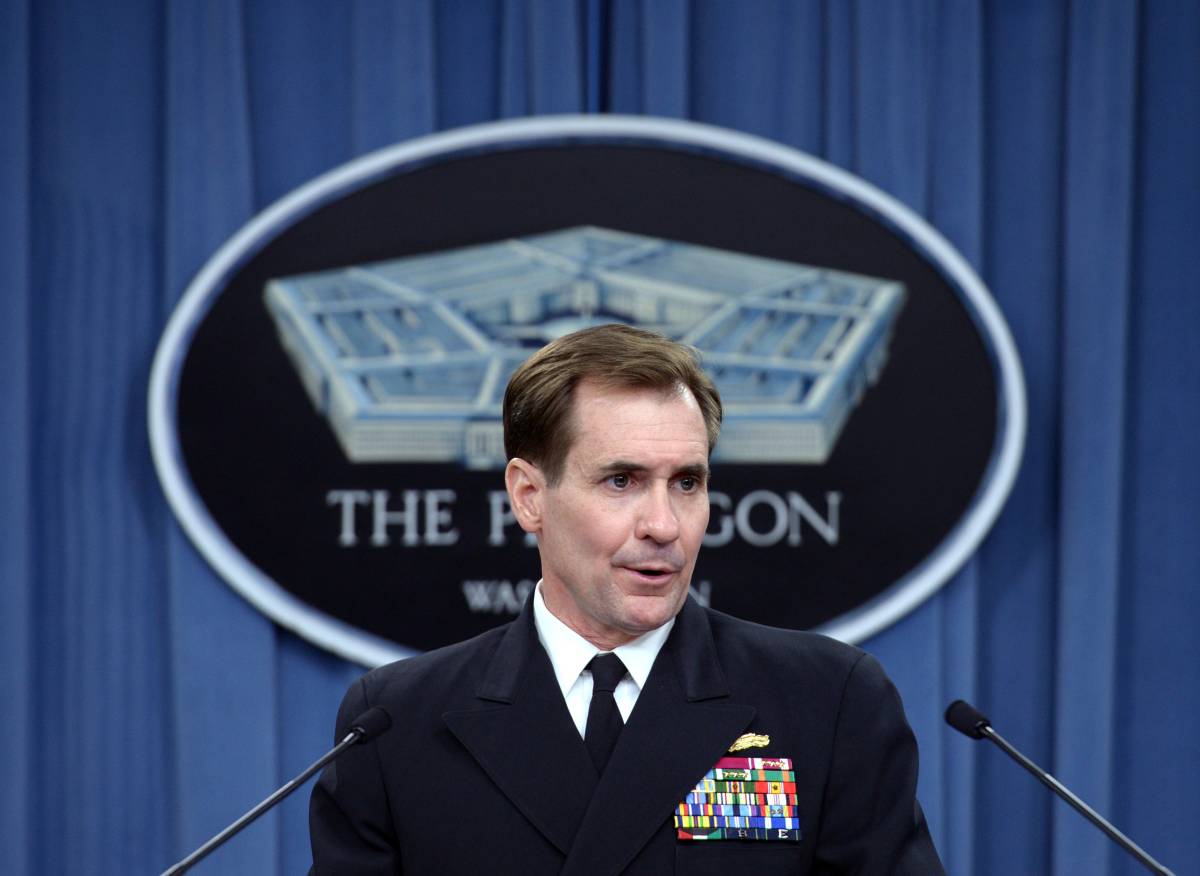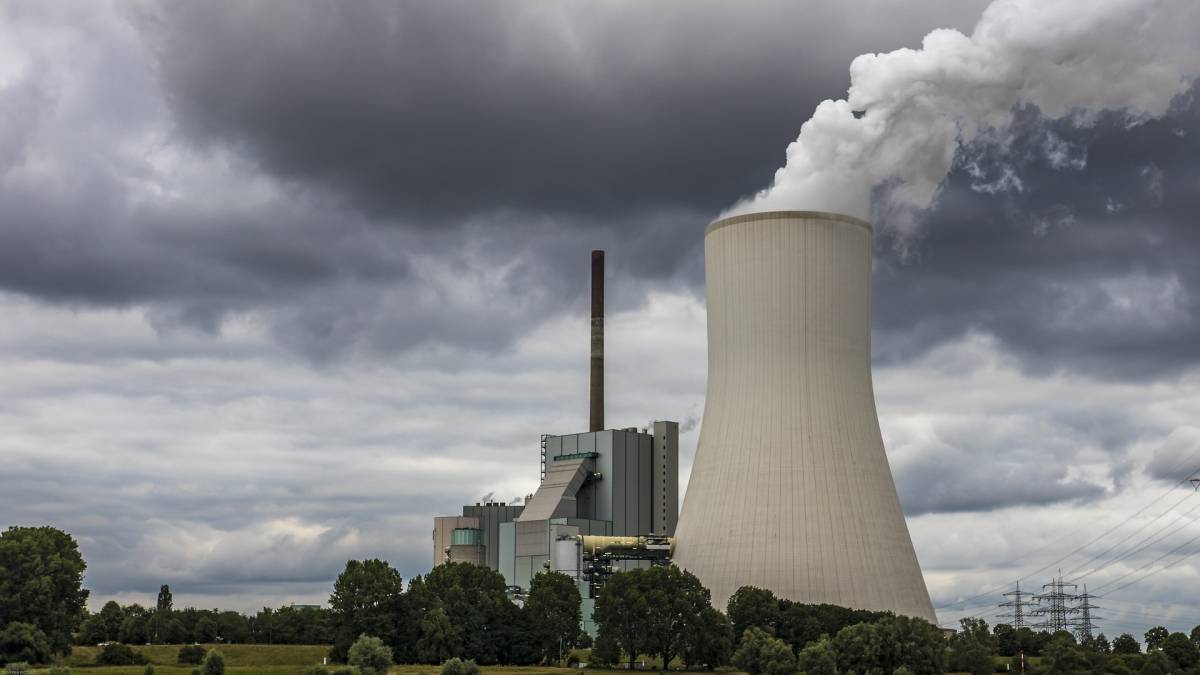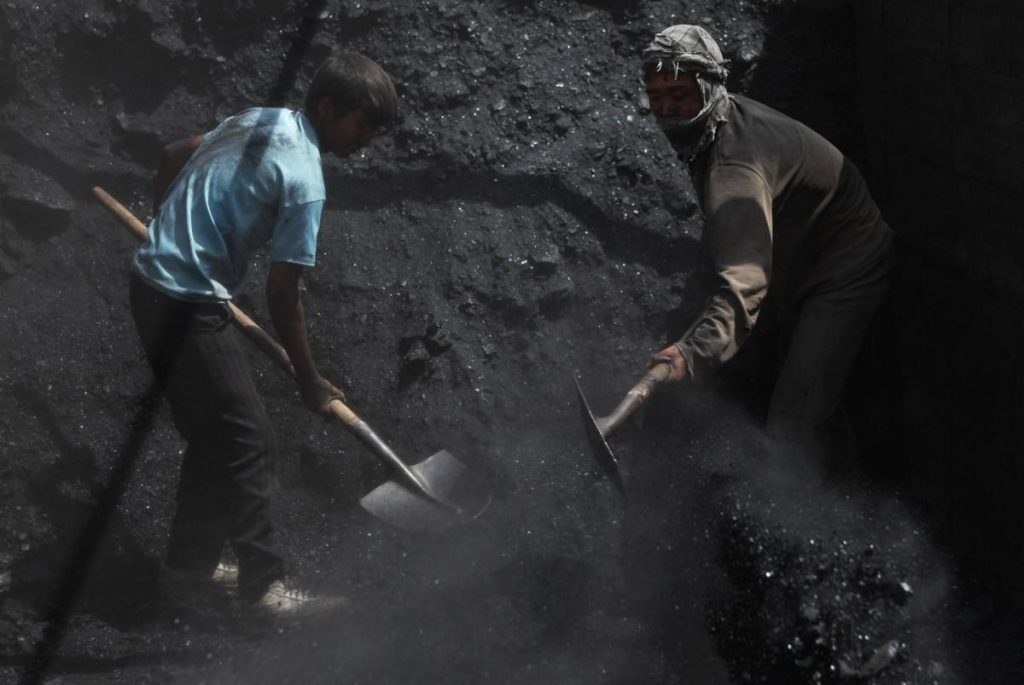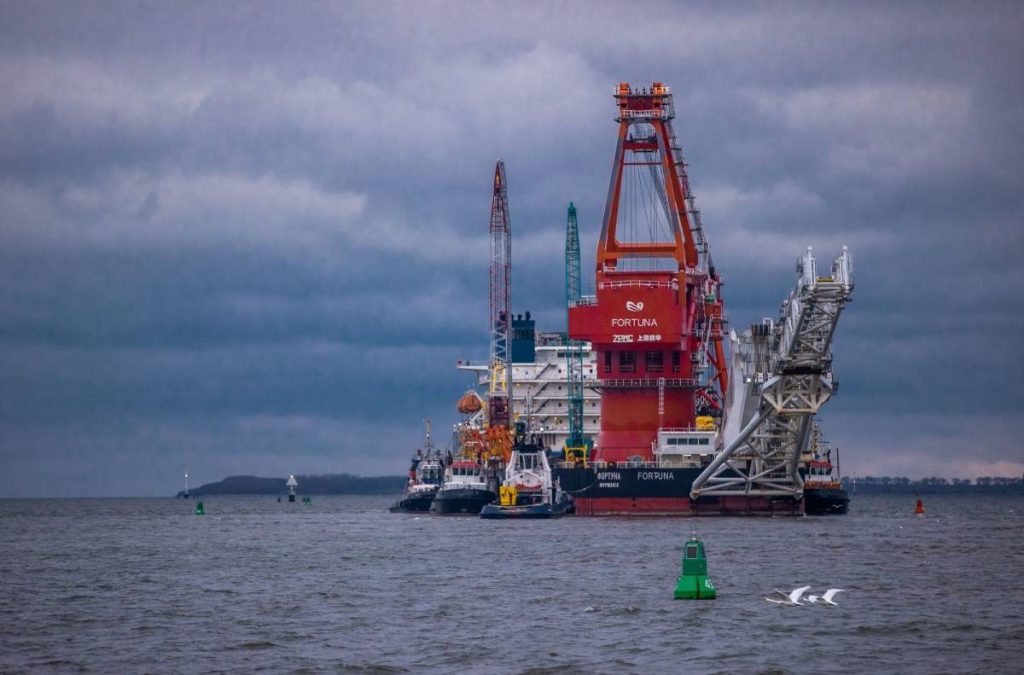Some of the equipment was recovered on battlefields in Ukraine, the Justice Department said, and other nuclear proliferation technology was intercepted in Latvia before it could be shipped to Russia…reports Asian Lite News
The Biden administration on Wednesday announced a round of criminal charges and sanctions related to a complicated scheme to procure military technologies from U.S. manufacturers and illegally supply them to Russia for its war in Ukraine.
Some of the equipment was recovered on battlefields in Ukraine, the Justice Department said, and other nuclear proliferation technology was intercepted in Latvia before it could be shipped to Russia.
The Justice Department charged nearly a dozen people in separate cases in New York and Connecticut, including Russian nationals accused of purchasing sensitive military technologies from U.S. companies and laundering tens of millions of dollars for wealthy Russian businessmen; Latvians accused of conspiring to smuggle equipment to Russian and oil brokers for Venezuela accused of working on illicit deals for a Venezuelan state-owned oil company.
“As I have said, our investigators and prosecutors will be relentless in their efforts to identify, locate, and bring to justice those whose illegal acts undermine the rule of law and enable the Russian regime to continue its unprovoked invasion of Ukraine,” Attorney General Merrick Garland said in a statement.
Five of the defendants charged in New York are Russian nationals, and two have been arrested. Two others are oil brokers for Venezuela.
All four defendants in the Connecticut case — three Latvians and one Ukrainian — were taken into custody months ago at the request of U.S. authorities.
They are accused of conspiring to smuggle a jig grinder, a high-precision grinding machine, that was manufactured in Connecticut to Russia. The equipment requires a license for export or reexport to Russia.
The criminal charges complement the latest round of Biden administration sanctions targeting Russia.
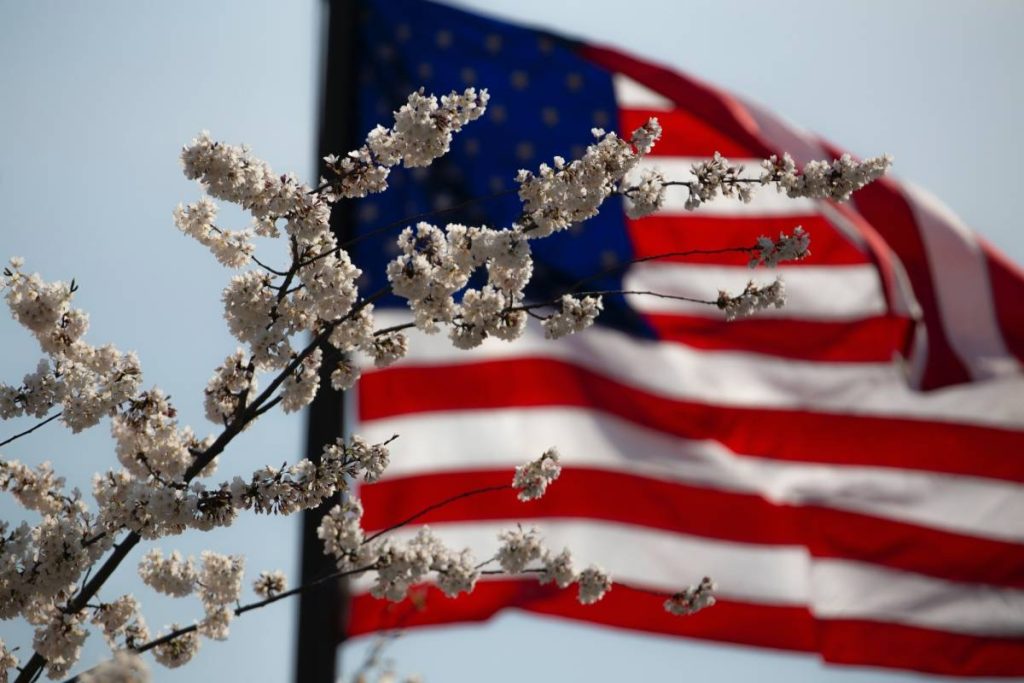
The Treasury Department’s Office of Foreign Assets Control announced sanctions Wednesday against one of the men charged by the Justice Department, designating Yury Orekhov and two of his firms, Nord-Deutsche Industrieanlagenbau GmbH and Opus Energy Trading LLC, for procuring advanced semiconductors and microprocessors used in fighter aircraft and ballistic and hypersonic missile systems among other military uses.
Orekhov and the firms ultimately sent the materials to Russian end-users, including companies designated by various federal agencies, in violation of U.S. export controls. Prosecutors say Orekhov was arrested in Germany. It was not immediately clear if he had a lawyer who could speak on his behalf.
The Justice Department, Federal Bureau of Investigation, and Treasury’s Office of Foreign Assets Control worked in coordination to identify the Russian network.
Along with sanctions on members of Russian President Vladimir Putin’s inner-circle, the U.S. has frozen Russian Central Bank funds and imposed aggressive export controls.
The latest effort is dedicated to preventing Russia from procuring military technologies.
Deputy Treasury Secretary Wally Adeyemo said in a statement Wednesday that Russia has increasingly struggled to get the technologies it needs to sustain the war “thanks to the unprecedented sanctions and export controls imposed by our broad coalition of partners and allies.”
“We know these efforts are having a direct effect on the battlefield,” he said, “as Russia’s desperation has led them to turn to inferior suppliers and outdated equipment.”
Information from the Office of the Director of National Intelligence, presented Friday at the Treasury Department, said Russia has lost more than 6,000 pieces of equipment since the beginning of the war in late February and is turning to Iran and North Korea for supplies.
Russia is reliant on foreign production machinery and ongoing banking sanctions have undercut the Kremlin’s ability to obtain financing for importing military equipment, the ODNI said.
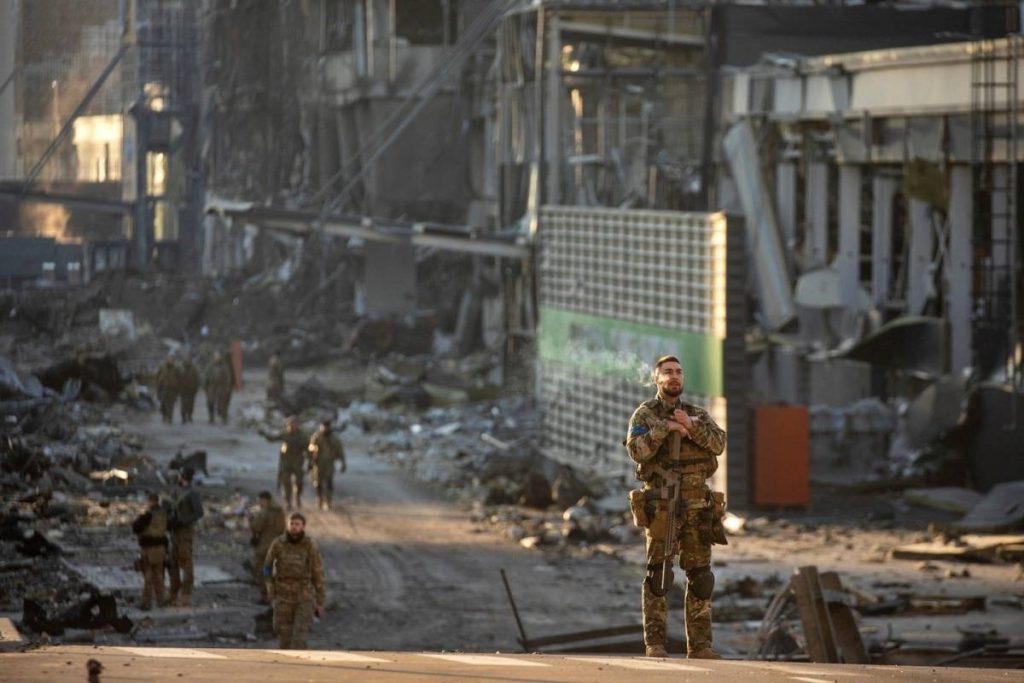
Martial law in former Ukrainian regions
Martial law has been imposed in the four regions that recently voted to become part of Russia amid the conflict with Ukraine.
Russian President Vladimir Putin announced the decision on Wednesday.
The Donetsk and Lugansk People’s Republics, as well as Kherson and Zaporozhye regions, already had martial law in place when they became part of Russia, Putin said.
So, the decision provides the legal basis for it to remain in place under Russian sovereignty, he said during a meeting of the National Security Council.
The document signed by Putin introduces martial law starting midnight on Thursday. It also orders various parts of the Russian government to submit corresponding action plans within three days.
In a separate decree signed on Wednesday, the Russian President ordered a state of ‘mid-level response’ in several other parts of the country bordering Ukraine.
These include the Crimean Republic, the city of Sevastopol, as well as Krasnodar, Belgorod, Bryansk, Voronezh, Kursk and Rostov regions. This is a special regime that gives officials additional authority to ensure security and rapid reaction to any emergencies.
People in the four former Ukrainian regions voted in referendums last month to ask Moscow to accept them as part of Russia. Kiev rejected the votes as illegitimate and pledged to use military force to seize the regions.
Earlier on Wednesday, officials in Kherson region reported that Ukrainian troops appeared to be deploying for a large-scale offensive against the capital, Kherson.
The regional administration announced this week the relocation of residents from the city to the eastern side of the Dnieper river due to the threat posed by Kiev’s forces.

